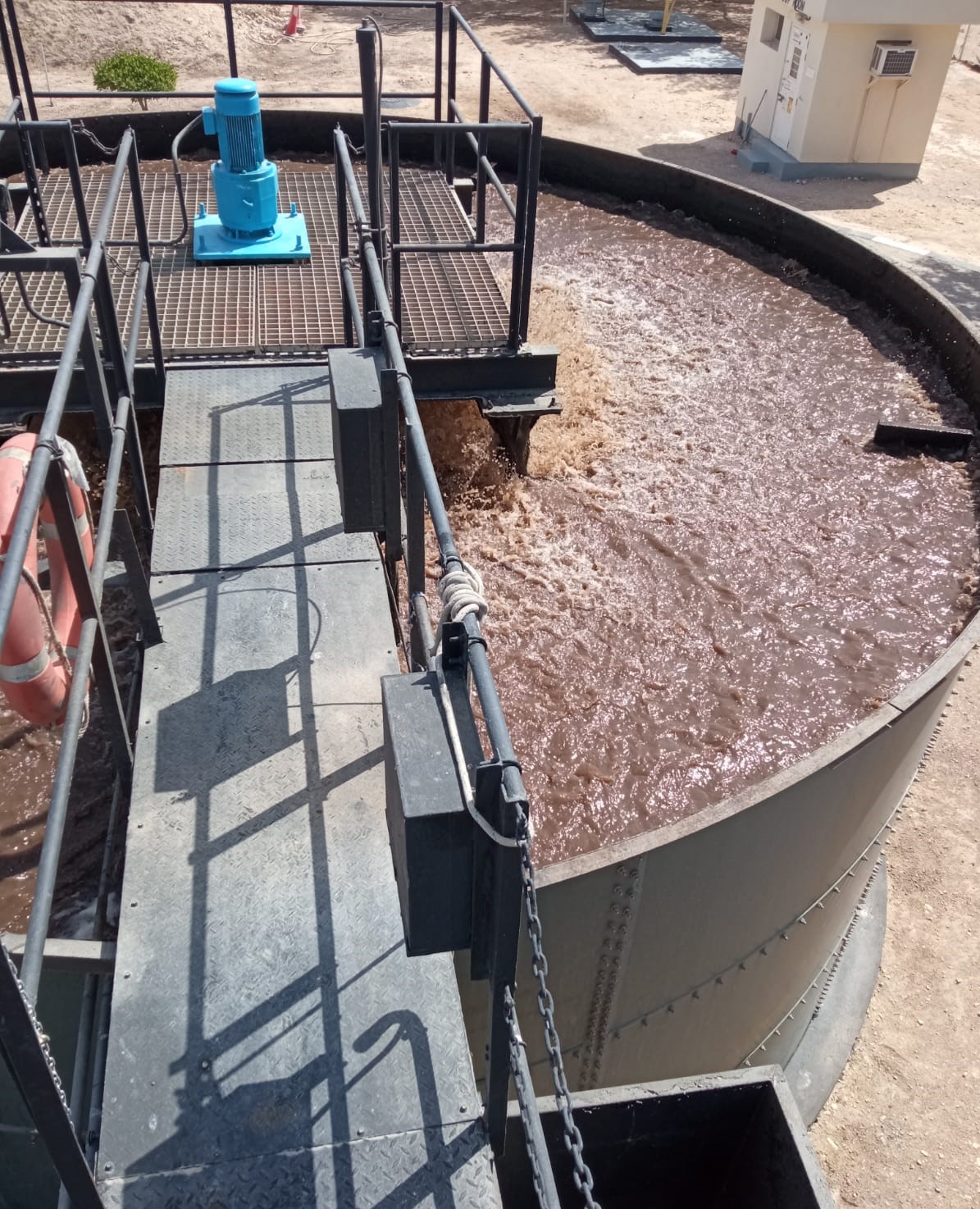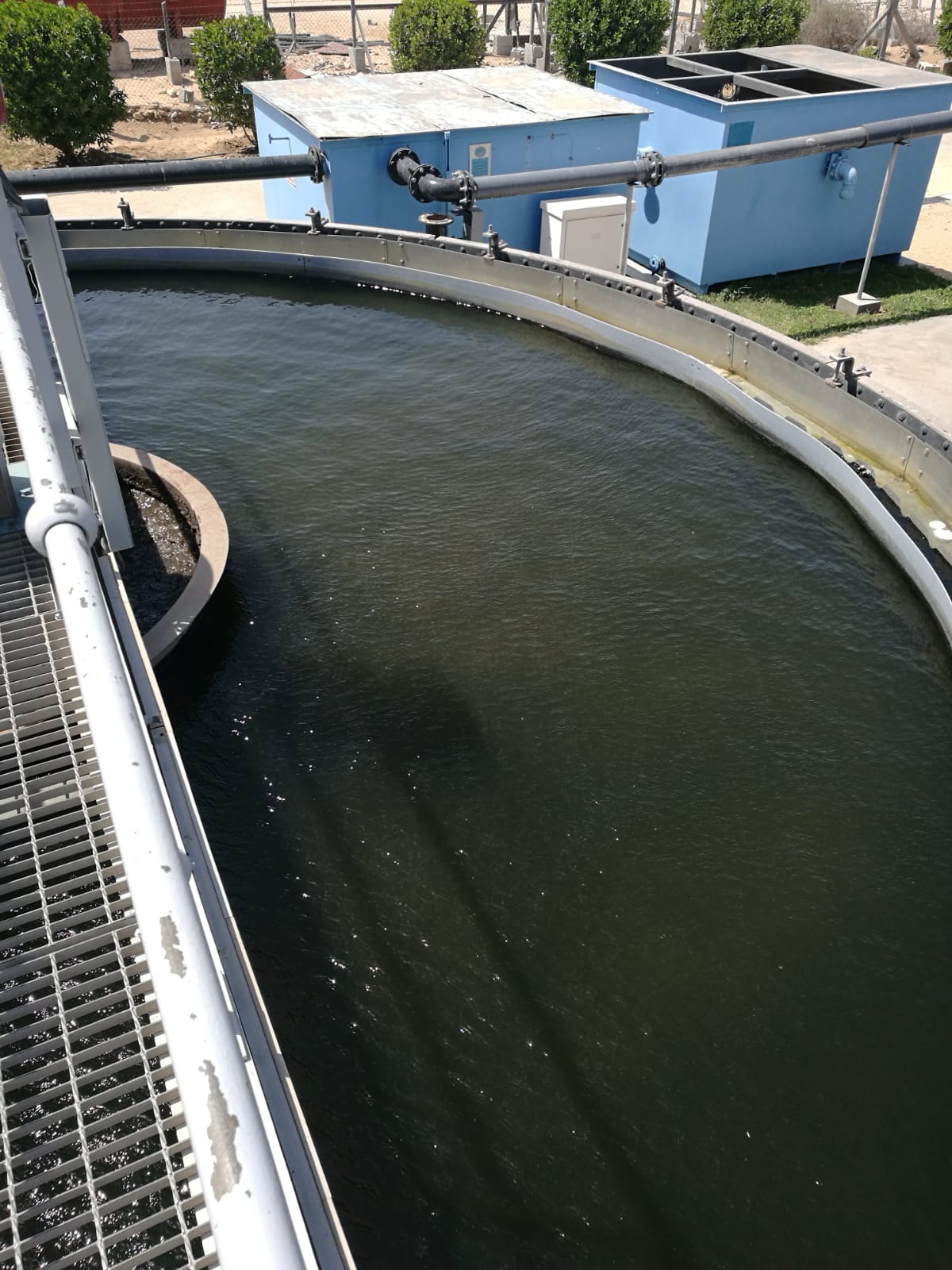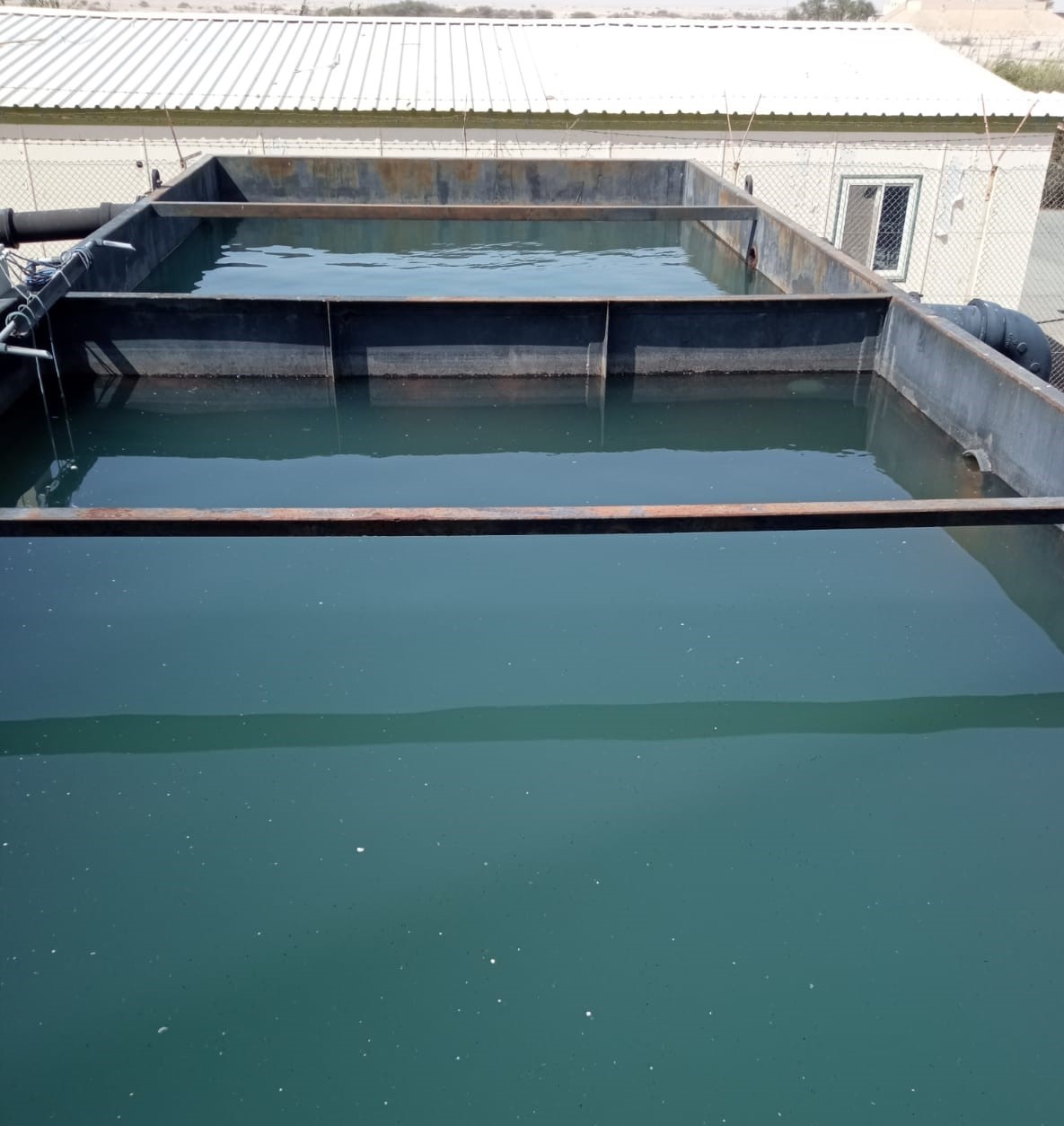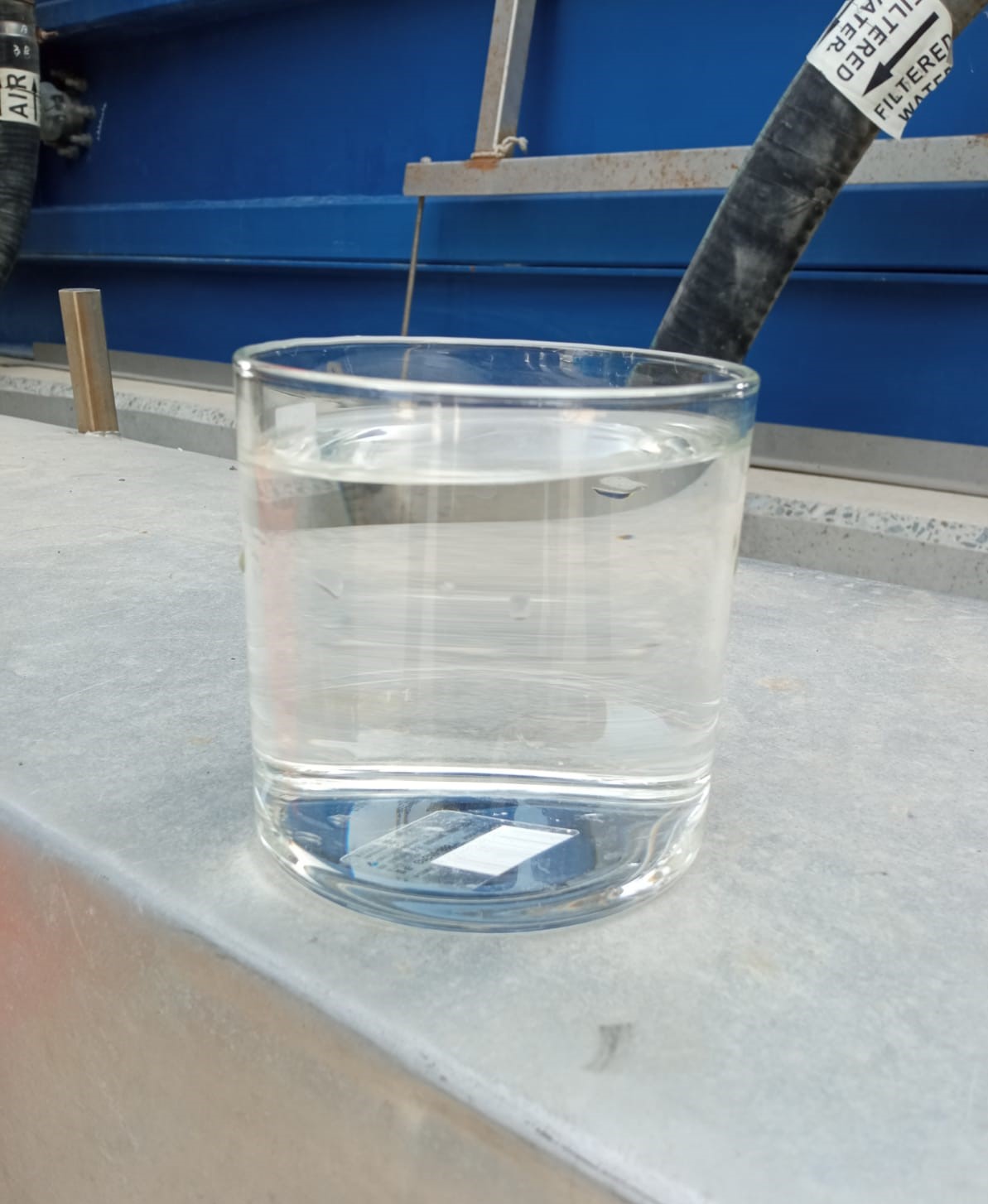Considering that the MENA region is home to 6% of the global population but only 1% of freshwater resources, its economies are much more sensitive to the way that water is extracted and consumed than the economies of other regions¹. At the same time, the continuous over-pumping of groundwater lowers the water table, increases the groundwater salinity levels, deteriorates the groundwater quality, and causes ecological degradation. Due to this extreme water scarcity, wastewater treatment is fundamental to protecting the health of different ecosystems in the region.
Qatar, being located in the MENA region, is one of the most arid countries in the world, with long, dry summers and a very scarce annual average rainfall of only 75 millimetres. Wastewater treatment plants are therefore extremely important in Qatar, and the processes used to repurpose wastewater and recycle it back into the environment or municipal water system must be driven by innovation and industry expertise to be successful.

Wastewater treatment plants in Qatar use a combination of physical, chemical, and biological processes to treat sewage water from household, industrial and commercial use. Specialized equipment and automated chemical feed stations are used to effectively sanitize the water. Typically, the treatment process is divided into steps to remove pollutants and sediment before converting the wastewater into an effluent that can be safely discharged back into the environment or directly reused.
The first step involves treating the water for odor by using chemicals to neutralize the foul smells.

These aeration basins constitute the backbone of the biological process which results in about 85% removal of the organic matter in sewage.
The flow then passes to settlement tanks where the sludge settles down leaving clear water at the top which is collected by outer channels.

Wastewater treated at a sewage treatment plant in Qatar can supply nutrient-rich water for irrigation, agricultural, industrial and municipal purposes. Wastewater treatment also has economic value by contributing to the conservation of the country’s very scarce freshwater resources.
The environmental benefits include reducing the pollution of water resources and sensitive receiving bodies and controlling saline water intrusion through groundwater recharge.

Waagner Biro Bridge Qatar relies on its employees’ combined years of experience in the wastewater treatment industry, to deliver excellence in the operation and maintenance of wastewater treatment plants, pumping stations and foul sewer lines networks.
Waagner Biro Bridge Qatar is committed to serving the community through the cutting edge water treatment solutions that ensure the efficient treatment and delivery of safe water that meets or exceeds Qatar’s water quality standards.
Adherence to safety guidelines through stringent safety procedures form an integral part of Waagner Biro’s Integrated Management System (IMS), contributing greatly to the company’s success. Waagner Biro is proud to have recently celebrated the achievement of completing 2,000,000 hours without any LTA or any major incident.